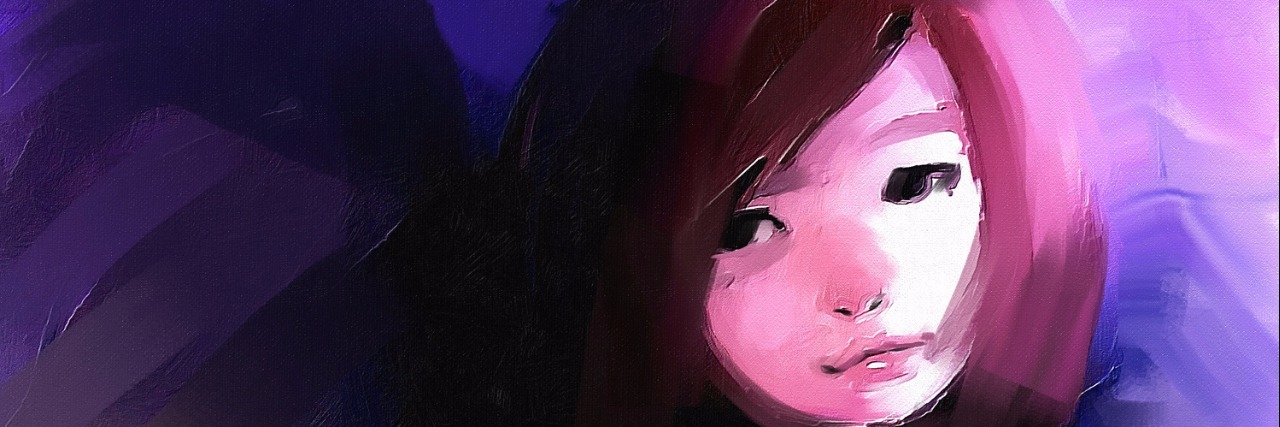Most worries come and go quickly, and you are conscious of their entrance and exit. Your heart rate leaps, your breaths start quickening, your fingers start tapping. And then something comes along – perhaps an answer or source of comfort – and you realize your worry had been unfounded. You’re going to be fine. Yes, others wouldn’t have reacted in the same, startled way you did… but that’s OK.
But sometimes, out of the blue, a thought you hadn’t looked at for months makes an appearance. And you can’t let it go: it lingers, stuck to the inside of your mind, begging you to roll it over on your tongue again and again. If you try to forget, your mind ignores – and makes sure it’s right there when you’re reading or eating or trying to concentrate. There is a flurry of unrelated, incapacitating thoughts that has infused itself in your skull; and the more you try to tame it, the more powerless you feel.
At one point, you become conscious of your worrying – but still can’t seem to stop it. You notice it’s disrupting your daily routine, making you more forgetful, prompting you to retreat into isolation. You hope it goes away – that overnight or after a meal, the dark shadow in your mind will be lifted and blown away. You know deep down, your anxiety is baseless and entirely unhelpful, and conjuring worst-case scenarios is doing you more harm than good. Your negative thoughts are intrusive, almost as if they’re at war with the happy, optimistic side of yourself. At one point, you feel like a puppet; and the strings controlling your body and thoughts are at the mercy of your anxiety.
You want to stop worrying, but you can’t.
The future is brimming with uncertainty, and you dread that. A part of you is excited about the new people you’ll meet or the new things you’ll learn. But the other part can only focus on the potholes or the darkness that pervades the bottom. It can be so hard to trust people sometimes.
Ironic as it sounds, your anxiety becomes yet another reason to worry (and it also happens to be the biggest reason). Sometimes, people tell you that you’re overreacting and need to calm down. They tell you life is going to throw bigger curveballs at you and you can’t afford to stress out over every aspect of your routine. They tell you there are people with bigger problems, and you shouldn’t think about yourself so much. They tell you to read the news, so you can “gain some perspective on life.” They tell you you’re going to have high blood pressure and a stream of physical illnesses in the future. But those people don’t understand. You do realize you’re hurting yourself physically. You do read the news, you do realize your problems are relatively small and insignificant, you do try to sweep your problems under the rug and immerse yourself in the issues stalking humanity.
But if it doesn’t work, why try?
Sometimes, you look at the laughing faces around you and wish yours could look like that, too. You hear laughs or giggles and wonder why they come out of your mouth so rarely – it seems so effortless for most people. You wonder what it feels like to say something without fear of being judged or criticized.
Movies, dystopian novels, or videos become your solace during your worst times. It’s easier to drown yourself in other people’s problems, rather than your own. Escapism.
You wonder what it feels like to not have those awful voices in your head, telling you something is not right – or that something is about to go horribly wrong. The voices that sometimes prevent you from functioning properly, that lead you straight into a terrible period of inactivity and helplessness.
This is what living with anxiety feels like.
Image via Thinkstock.

